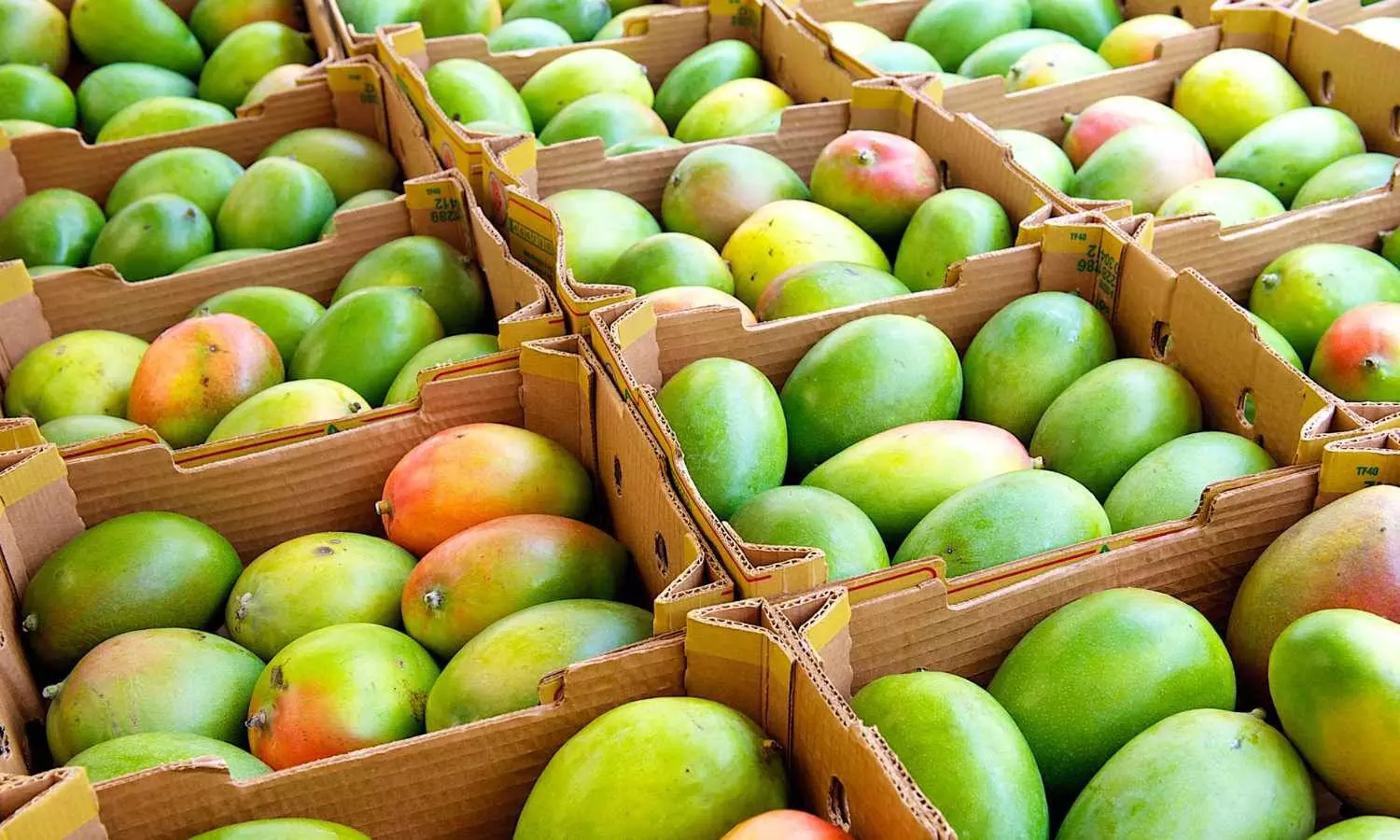Can Diabetics Eat Mango? What Doctors Say May Surprise You
Mango can be part of a diabetes-friendly diet if eaten right. Learn portion tips, ideal timing, and food pairings to keep blood sugar levels in check.
image for illustrative purpose

Mango’s natural sugars need not be off-limits for people with diabetes when consumed in careful portions, according to nutrition experts and recent studies.
A one-cup serving of sliced mango delivers about 25 grams of carbohydrates and 2.6 grams of fibre, and registers a glycemic index near 51, which classifies it as a low-GI fruit. That slower release of glucose can help prevent rapid blood sugar spikes, researchers say.
In a 2014 trial published in Nutrition and Metabolic Insights, overweight participants who added 10 grams of freeze-dried mango to their daily diet saw modest improvements in fasting glucose levels. A separate Oklahoma State University study found that mango polyphenols may aid glucose tolerance and reduce body fat indicators.
More recent findings in Food & Function linked moderate mango intake with enhanced insulin sensitivity and lower inflammation markers in adults with metabolic risk factors. Scientists stress that benefits appear when mango is part of a balanced meal, not eaten alongside high-starch or high-fat snacks.
Dietitians recommend measuring a half-cup of diced mango (about 12.5 grams of carbs) as a single carbohydrate exchange. Pairing that portion with protein or healthy fat—such as Greek yogurt, nuts or a boiled egg—can further blunt blood sugar rises.
Timing of mango consumption also matters. Eating fruit earlier in the day, when insulin response is stronger, may improve carbohydrate handling. Cutting mango into small pieces can slow eating pace and enhance portion control.
Experts warn against processed mango products. Juice, dried fruit and canned slices often carry added sugars and lose much of the fresh fruit’s fibre, making them more likely to drive glucose surges.
Patients should monitor blood sugar response to mango and adjust portions accordingly. Consultation with a registered dietitian or physician is advised before introducing new foods into a diabetes meal plan.

